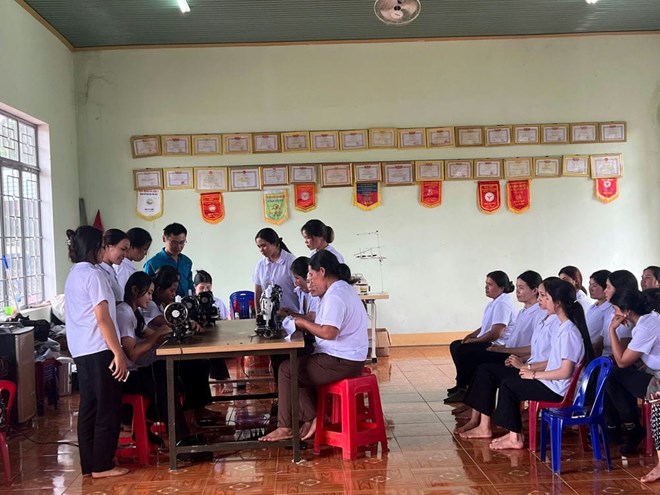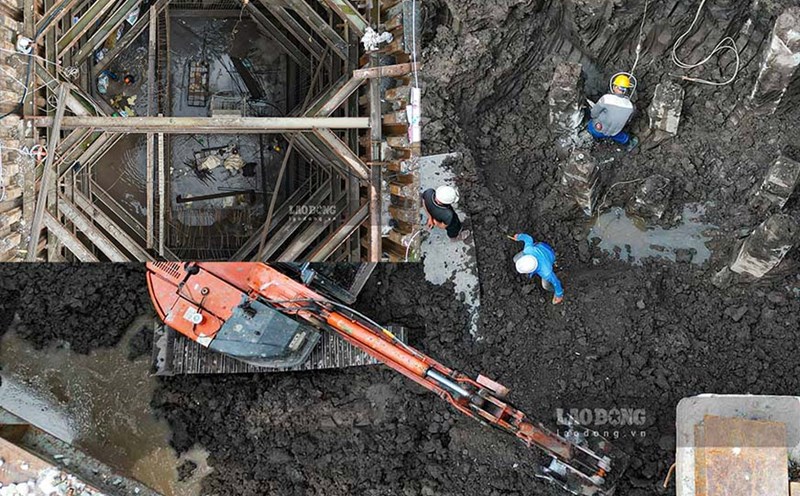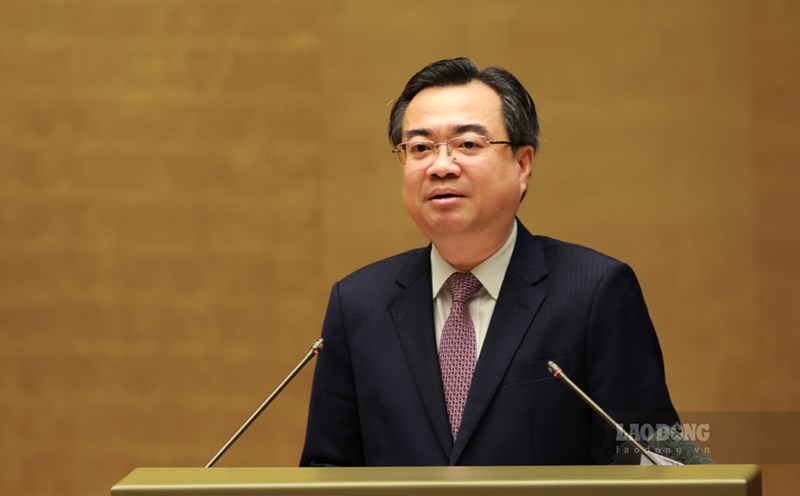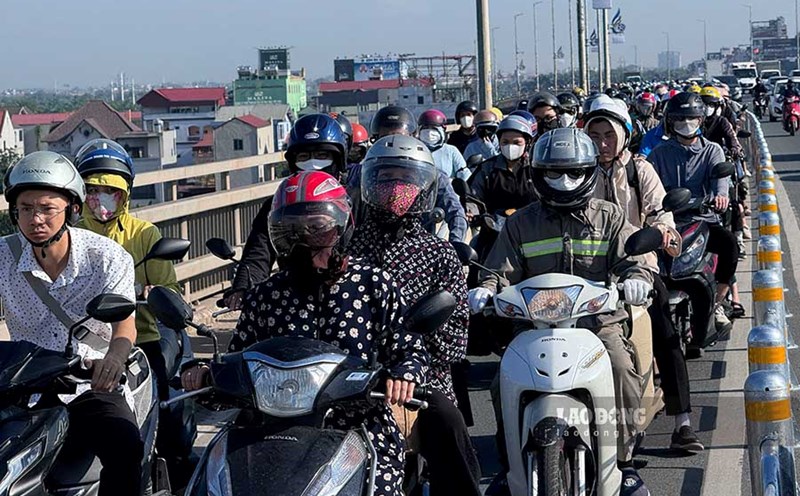On September 16, the Provincial People's Committee requested communes and wards to make efforts to reduce poverty for people.
The province strives to reduce the poverty rate in the whole province to 2.24% by the end of 2025, equivalent to 9,404 households escaping poverty.
According to Mr. Duong Mah Tiep - Vice Chairman of Gia Lai Provincial People's Committee, in 77 communes and wards in the western region alone, there are currently 58,380 poor and near-poor households. The main reasons are lack of land for production, lack of labor, lack of capital for production and business, as well as lack of knowledge and labor skills.
To reduce the poverty rate, the provincial government requires authorities and forestry companies to review more than 30,000 hectares of land without forests, and include 3 types of forests in the planning of the Forest Protection Management Boards.
The Provincial Forest Protection Department is also assigned to review land funds managed by enterprises but used ineffectively such as mixed forest land, aged rubber land, poor productivity... to consider and arrange for distribution to the poor.

After that, the province will develop a plan to arrange and allocate production land to the people. At the same time, the People's Committee of Gia Lai province requested communes and wards to coordinate with the Department of Education and Training and the Employment Service Center to organize vocational training for people.
In 2025, the province must provide vocational training for 2,753 rural workers, focusing on practical occupations such as welding, civil construction, farming, animal husbandry, etc. When they have labor skills, people will feel secure in finding jobs with stable salaries at companies and factories.
The Center for job introduction supports through exchanges, providing labor market information and connecting supply and demand.
During a recent working trip to 7 border communes of Gia Lai province, Provincial Party Secretary Ho Quoc Dung affirmed that he will continue to prioritize and allocate resources to improve the material and spiritual life of people in border areas.
In particular, the province will review thousands of hectares of ineffective crops to provide a part of the land for production to poor households, striving not to fall back into poverty and escape poverty sustainably.











